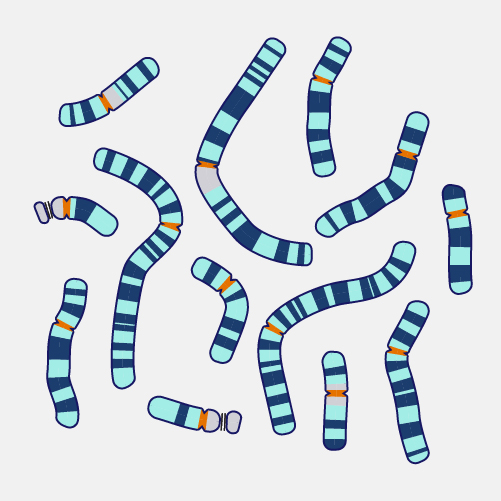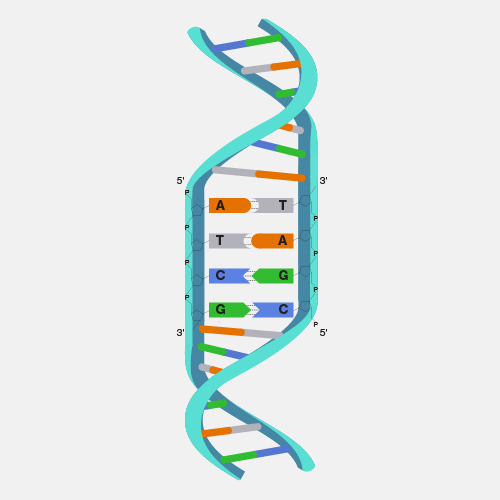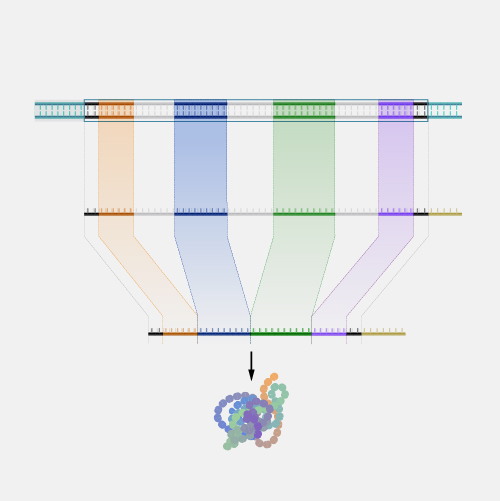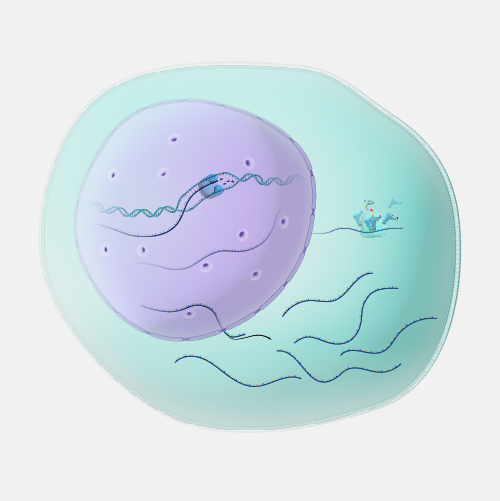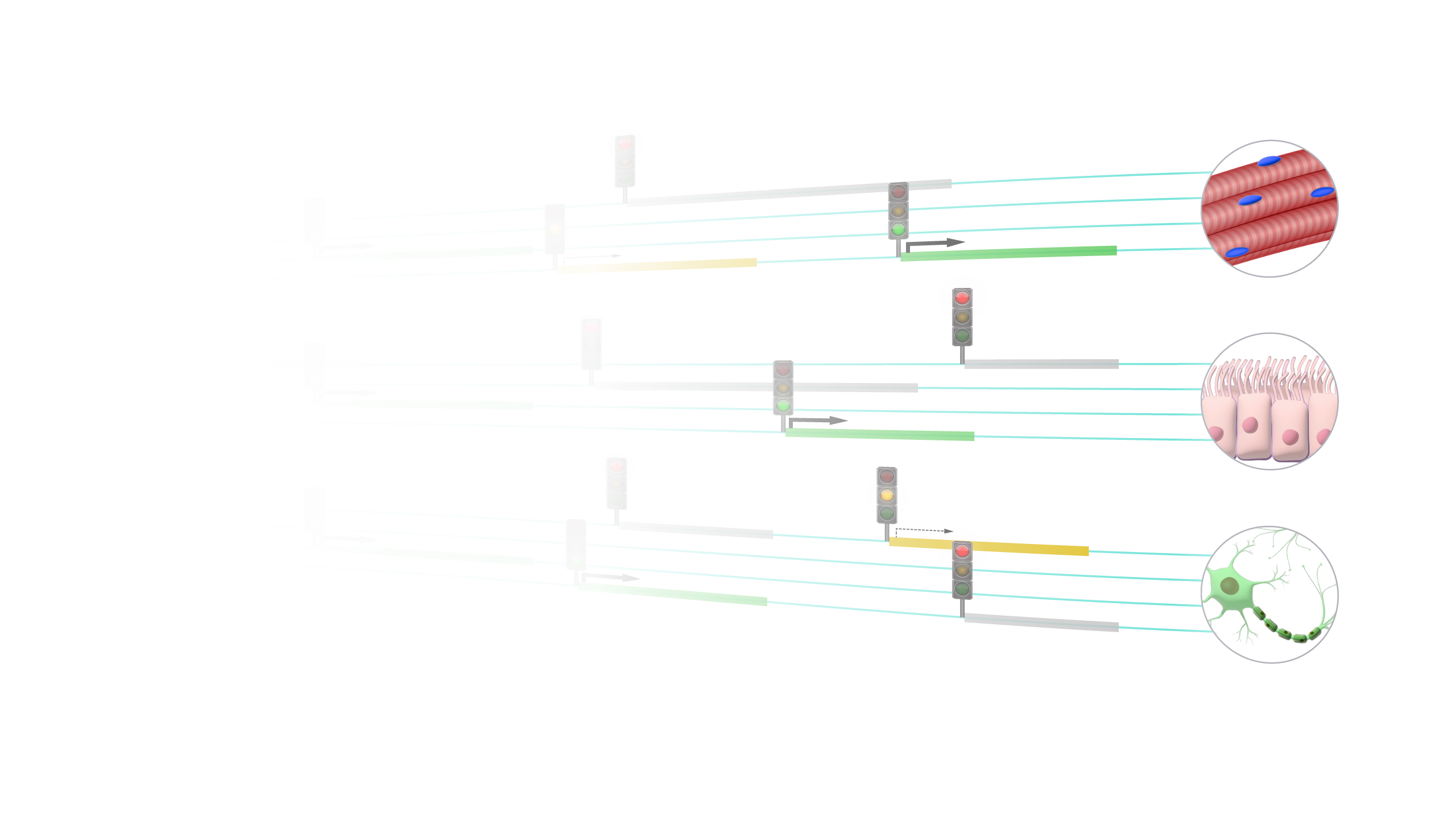
Gene Regulation
Definition
Gene regulation is the process used to control the timing, location and amount in which genes are expressed. The process can be complicated and is carried out by a variety of mechanisms, including through regulatory proteins and chemical modification of DNA. Gene regulation is key to the ability of an organism to respond to environmental changes.
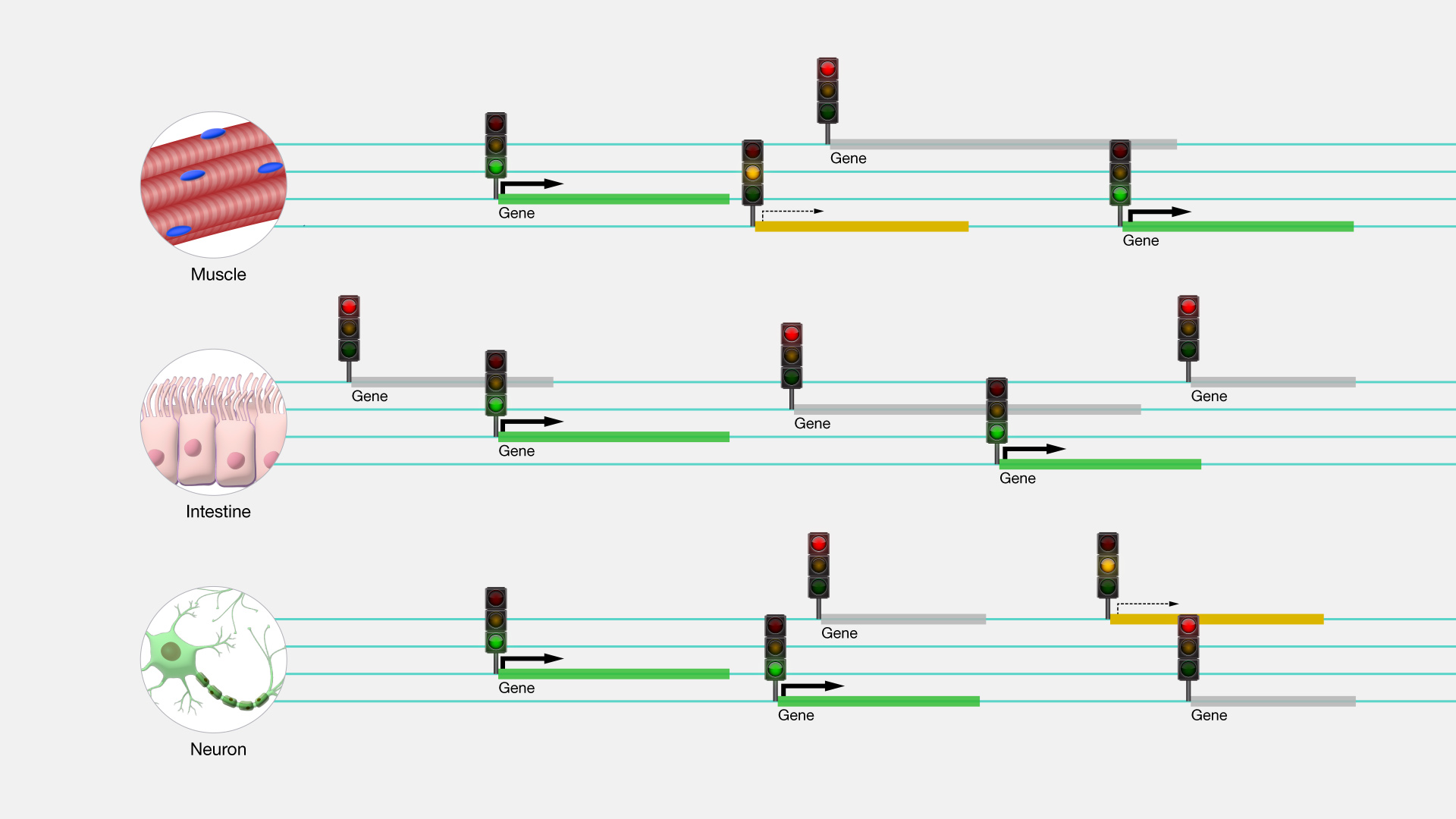
Narration
Gene regulation. Gene regulation is one of the fundamental processes that a cell carries out in order to produce the transcripts that will lead to the proteins, and it is an essential function for which a lot of the cell's energy is devoted to. It also is something that probably a lot of the cell's genome is devoted to — to regulate, so that you can fine-tune how a cell will respond in the context of stress or the development of the organism or repair.

Chief and NIH Distinguished Investigator
Translational and Functional Genomics Branch

